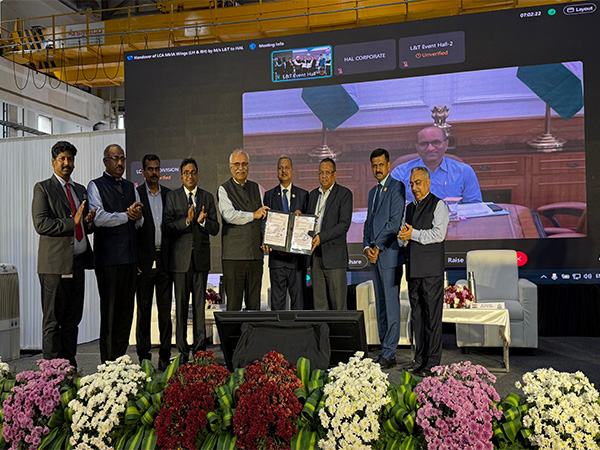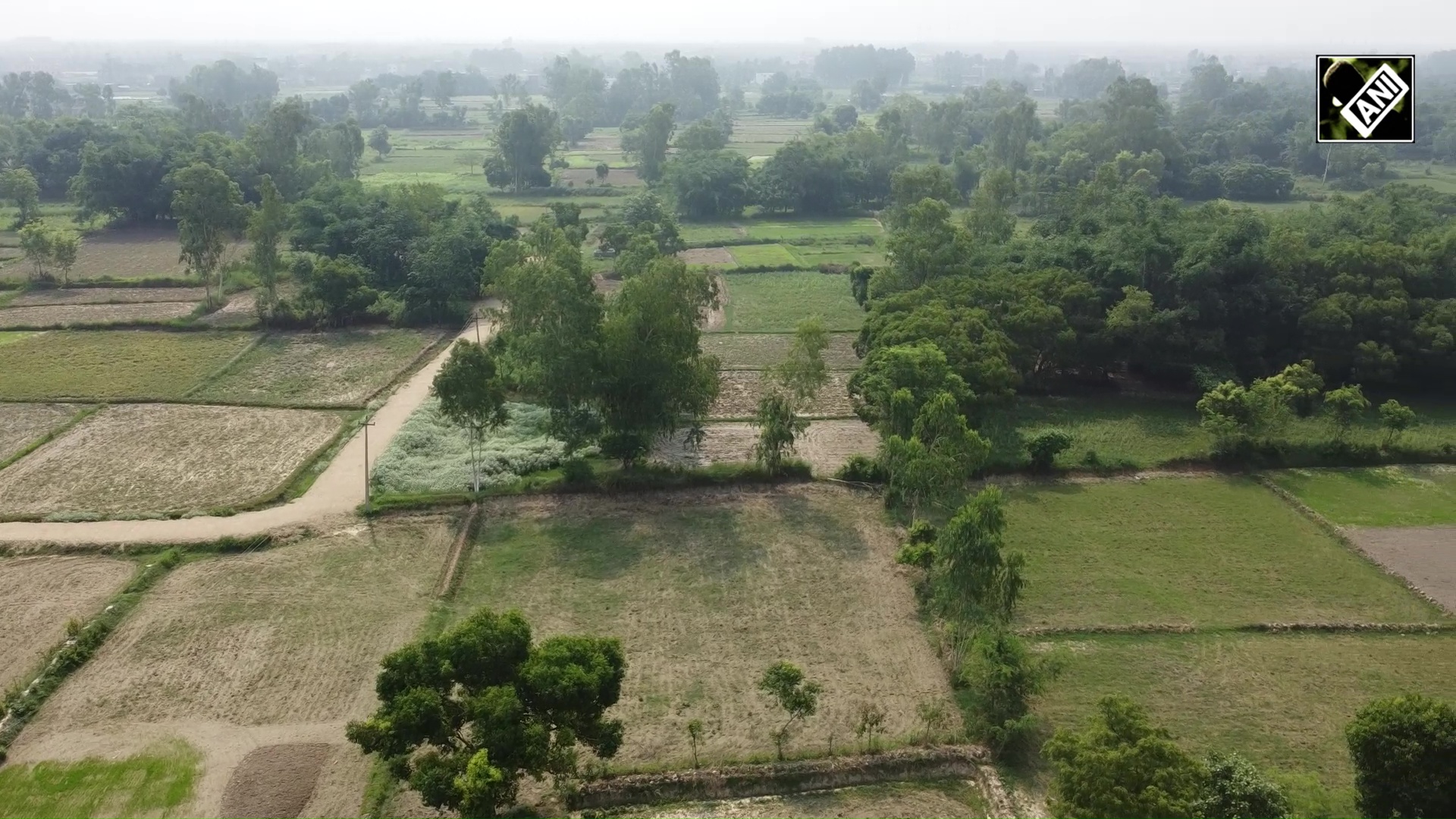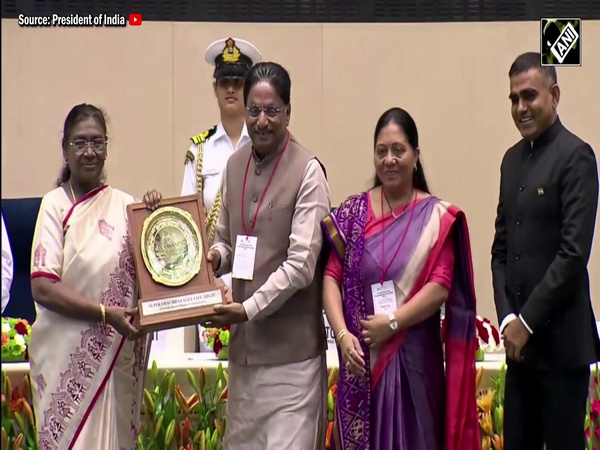FSSAI clears Indian spices of ethylene oxide contamination in nationwide testing blitz
May 21, 2024

By Shalini Bhardwaj
New Delhi [India], May 21 : The Food Safety and Standards Authority of India (FSSAI) has announced that extensive testing of spice samples across the country has revealed no traces of ethylene oxide (ETO), a cancer-causing chemical, following recent concerns raised by the Hong Kong Food Authority, according to the sources.
The investigation was triggered after the Hong Kong Food Authority recalled certain spice products from M/s Mahashian Di Hatti Pvt Ltd (MDH) and M/s Everest Food Products Pvt Ltd (Everest) due to ETO levels exceeding permissible limits.
In response, the FSSAI launched a nationwide inspection drive on April 22, involving all State and Union Territory Food Safety Commissioners and Regional Directors.
Under this initiative, 34 samples of Everest and MDH spices were collected for testing. Specifically, 9 samples from Everest's facilities in Maharashtra and Gujarat, and 25 samples from MDH's facilities in Delhi, Haryana, and Rajasthan were analysed.
The comprehensive testing process covered a range of quality and safety parameters, including moisture content, insect and rodent contamination, heavy metals, aflatoxins, pesticide residues, and various microbiological contaminants.
Most critically, these samples were also tested for ethylene oxide at NABL-accredited laboratories notified by the FSSAI. Of the 34 samples, 28 lab reports have been received and examined by the FSSAI's Scientific Panel, which confirmed the absence of ETO in all tested samples. The remaining six reports are still pending but are expected to align with the current findings.
In addition to the specific brands in question, the Scientific Panel also reviewed test reports from over 300 spice samples of other brands collected nationwide.
These results similarly showed no presence of ETO, reinforcing the safety of domestically available spices.
The Scientific Panel that oversaw the analysis included experts from prestigious institutions such as the Spice Board, CSMCRI (Gujarat), Indian Spice Research Institute (Kerala), NIFTEM (Haryana), BARC (Mumbai), CMPAP (Lucknow), DRDO (Assam), ICAR, and the National Research Centre on Grapes (Pune).
In light of these findings, the FSSAI reassures consumers about the safety of spices available in the Indian market. Moreover, the Spice Board has issued updated guidelines for spice exporters regarding the use of ETO as a fumigant to comply with the microbial contamination standards of importing countries.
Ethylene oxide is used to sterilise spices but can pose health risks, including cancer, if the residue exceeds safe levels. This level differs by country, which complicates matters for exporters.
The Spices Board of India's mandate for ethylene oxide testing aims to ensure that Indian spices meet these diverse international standards, protecting consumer health and maintaining market access.




















